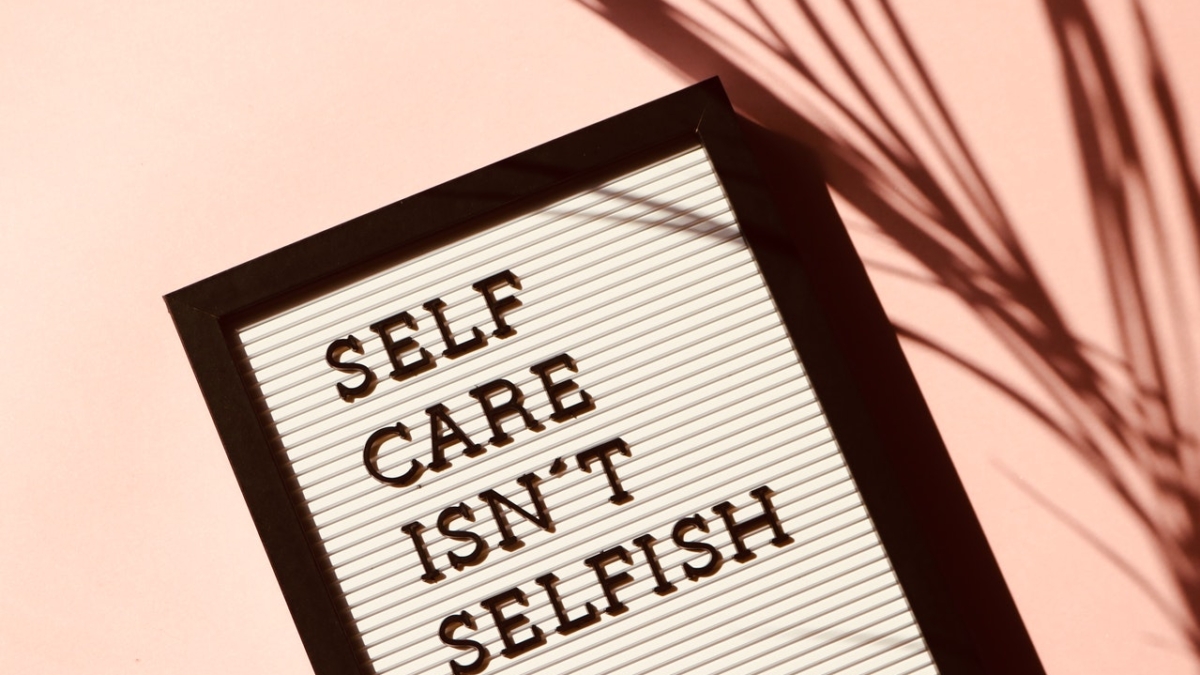Seasonal depression, also referred to as Seasonal Affective Disorder (SAD), refers to a type of depression that relates to changes in the seasons. Most people with SAD feel symptoms come on in the fall and generally feel them all through the winter. Symptoms, which include lethargy, sadness, and general depression, usually dissipate once spring arrives.
With the warmer months here, it’s a great time to get into some healthy mental habits, so you’ll be ready to fight the blues come fall. Here are some ways you can hold onto your good mental health all year long:
Stay Physically Active
Inactivity can definitely worsen depression symptoms. And several recent studies suggest people who exercise regularly have better mental health than those who do not. One of the best habits to get into is to ensure you move your body every day, even if that means going for a walk around the neighborhood.
If you live in an area of the country that experiences cold, snowy winters, think about taking up a fun activity like skiing or snowshoeing. If that’s just not your thing, consider getting a treadmill, stationary bike or mini trampoline for your home.
Reduce Social Media Use
Social media is fun once in a while and a way for us to stay connected to others. But too much social media use has been shown to cause mental health issues. Be sure to limit your social media use to only 30 – 60 minutes a day.
Take Up a Hobby
Doing something you really enjoy is obviously great for your mental health. But so many people feel they are too busy with work and family responsibilities. Make time! Learn to paint or play an instrument. Take salsa lessons or start writing that novel you’ve always dreamed about.
Relax More Often
Chronic stress is a killer. It can cause the development of diseases such as heart disease and cancer. At the very least, chronic stress will dysregulate your nervous system, which will then cause a depression.
Take time every week to check out and destress. Get a massage, take a long hot bath, sit in a sauna, or just lie in the hammock in your backyard.
You may also want to consider working with a mental health specialist so you always have someone to freely talk with about whatever’s bothering you. If you find your therapist now, you will have formed a relationship come fall when the blues tend to settle back in.
If you’d like to learn more about treatment options, please feel free to reach out to me.
SOURCES:


